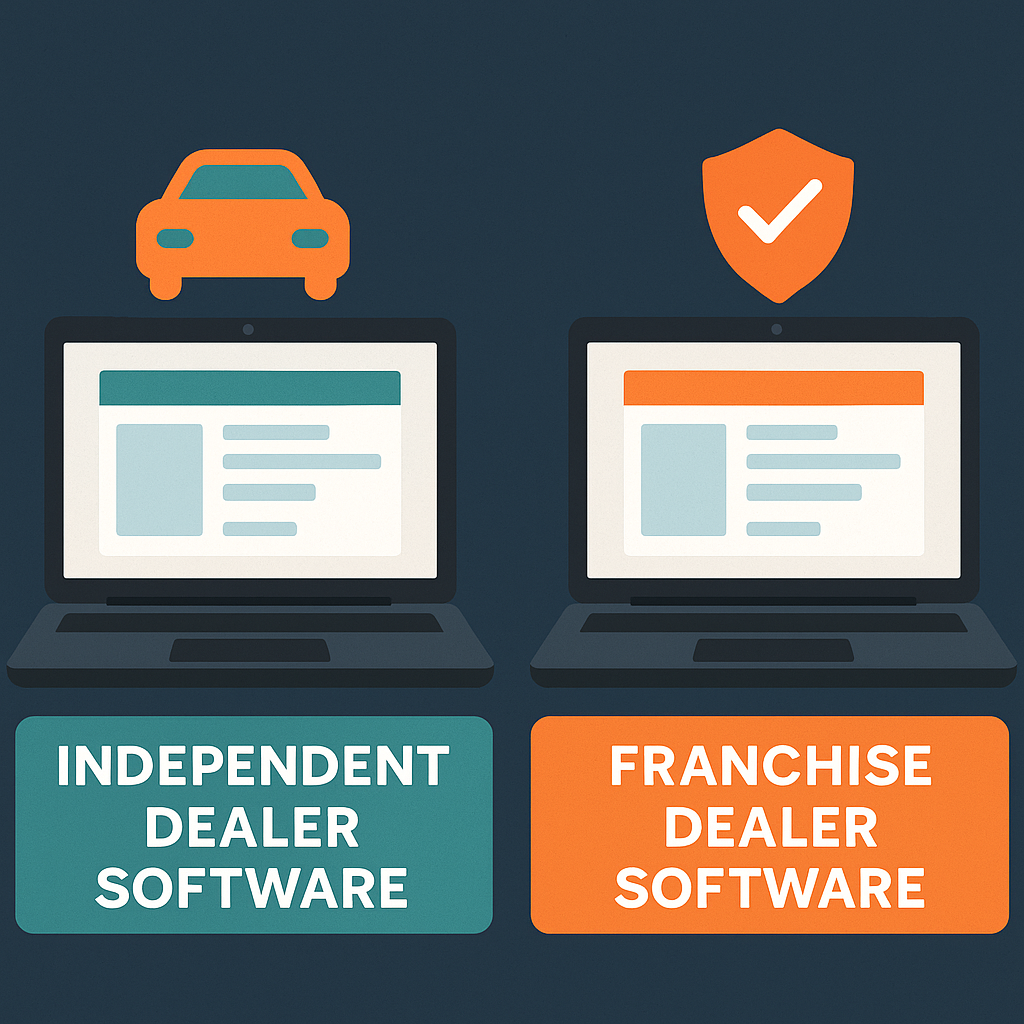Seriously, why on good earth is it illegal to buy a car on a Sunday?
You probably are wondering, too. If the title has left you puzzled, we explain the reason why it is illegal to buy a car on a Sunday below.
Apparently, it is indeed illegal to shop and purchase a car on the first day of the week (fun fact: Monday is not the first day of the week). Good thing, however, that this law only applies in 20 of the 52 states across the country. In fact, some of these states have already been through some legislative battles with the auto industry. As a result, the law needs to be lifted. If you belong to one of these states and the law is making you wonder, below is why it is illegal to buy a car on a Sunday. Plus, we are going to add a few more car sales facts that you may find interesting.
Illegal Car Buying On A Sunday: How It Came To Be
The reason why this law came to fruition has its roots in the blue laws. For those who don’t know what blue laws are, these are laws that are created due to religious reasons. These laws originated in the 18th century. And although it has been a long time, some rules are still enforced even up to this day. These laws cover many things, from alcohol sales to commercials and – yes, you guessed it – vehicles. But why should cars be illegal on Sunday?
It goes beyond religion. Initially, they made it illegal to buy a car on a Sunday so that the staff can have at least one rest day a week. Car dealerships never run out of customers coming in to check on the vehicles for sale. So, it’s only right that the people who work in a dealership should relax, at least for a day. Yet, some dealerships would decide to keep it open to accommodate customers, even on a Sabbath, giving themselves a competitive edge. To prevent this from happening, these states legislated laws to make car buying on a Sunday illegal.
The Notorious 20
As mentioned, there are 20 states that don’t allow car purchases on a Sunday. 13 of these states put in place a full-blown ban on the said day. On the other hand, 7 of these states have only made car buying illegal in specific counties during particular hours.
The 13 states include Oklahoma, Colorado, Iowa, Illinois, Wisconsin, Indiana, Louisiana, Mississippi, New Jersey, Maine, Missouri, Pennsylvania, and Minnesota. In these states, dealerships that don’t adhere to the law may end up losing their license and bonding obligations. The issue may even be raised to the court for legal matters.
The other 7 states that are not too restrictive include Nevada, Texas, North Dakota, Michigan, Maryland, Rhode Island, and Carketa’s home state of Utah.

Do Dealerships Hate The Sunday Car Sales Ban?
You may think that making car-buying on a Sunday illegal is a useless regulation. However, this is not the case with many dealers. In fact, some would even go to the lengths of protecting it. Not so long ago, lawmakers in Texas, Illinois, and New Jersey attempted to remove the ban. The lawmakers from these states considered that making car sales illegal on a Sunday may allow competitors from neighboring states to take advantage of the situation. As a result, they may lose buyers and the state income that they bring.
However, this did not sit well with dealership owners and car salespeople, so they appealed to stop the ban’s lifting.
So why did these dealerships oppose the removal of the regulation? It’s all about practicality. Dealerships stated that opening on Sundays would devastate their operations in a big way. First off, they claimed that it would make the negotiation more complicated as financial institutions are closed on Sundays. Besides, one more day of work would mean no rest day for the staff, resulting in high employee turnover rates. Lastly, one more day of work would also mean that the business’s cost would partly increase, which is bad for the dealership’s budget.
Dealerships coming from the states that allow operations on Sunday also expressed their concerns. They say that a 7-day work week, as mentioned, would be taxing to both the costs and the staff. Plus, having the dealerships open during that day doesn’t really have an impact on sales. Instead, it will only spread the sales volume instead of having a surge in revenues.
Should it be illegal to buy a car on a Sunday? What do you think?

Other Random Car Dealership Laws That You Might Want To Know
Now that you know why it’s illegal to buy a car on a Sunday, there are other strange yet beneficial laws that car dealerships should strictly adhere to. These laws have their own advantages to both buyers and car dealership owners. For the former, these laws would help them have better options when buying. For the latter, the regulations provided would protect the business from losing a lot of money and have more advantages when selling. Below are the following car dealership laws you may want to know.
Lemon Law
The Lemon Law is one of the laws that everyone should know about. This law is made to ensure that customers who buy cars with hidden defects and flaws are allowed to return them and get compensated after a sale. Suppose you’re asking why it is named after a sour fruit. In that case, lemon is a popular term for cars with a number of manufacturing defects. It can either be on its safety or utility features, or both.
Although this law applies to brand new cars most of the time, a couple of states have made the law implemented to protect used car buyers. This is also the reason why vehicle condition reports are crucial to car dealers. Condition reports cover dealers, especially used car ones, from buyers returning their vehicles.
Independent Inspection
This law states that before buying a used car, the unit must undergo an independent inspection before going on with the purchase. This way, buyers would know the car’s exact condition before they can shell out their first batch of payments. For this, many inspection facilities can take a good look at a unit. However, in this online shopping age, some car dealers would opt to sell vehicles that have undergone the pre-inspection process. This is where vehicle condition reports come in handy.
Red Flags Rule
Being a victim of identity is not easy. Though it may not harm you physically at most times, it will have a detrimental impact on your psychological and mental well-being. Apart from that, identity theft involving unknown purchases can also affect your finances. It’s a good thing that lawmakers came up with the Red Flags Rule, which protects people from identity theft.
How does the Red Flags Rule work? According to the FTC, this regulation would require financial institutions and car dealers to implement the Identity Theft Prevention Program or ITTP. This program is developed to recognize, prevent, and diminish identity theft in the business. In short, you’re not going to pay for a car you didn’t purchase in the first place.
Disposal Rule
It is imperative that businesses should protect the privacy of both themselves and their customers, and this rule does just that. The Disposal Rule pertains to consumer records, including the buyers’ information, to be disposed of once the transaction is done. According to the Federal Trade Commission, the most “reasonable measure” of disposals include shredding, burning, and pulverizing of paper documents that have customer information. Doing so would help the dealership from being a target of identity theft, which could be costly.
Dealer Information
All car dealerships should make sure that they provide specific information. When they sell vehicles, they need to correctly display this business information to easily see them. This is the reason why you will see information plastered on the vehicle windows when they are up for sale. When you see vehicles without these information, the car dealership can get into big trouble.

Can You Still Buy A Car On Sunday Legally?
While some states deemed buying a car on a Sunday illegal, there are still other ways to buy one. For some people, Sunday is the only time they can do their chores or go shopping for things they need. Thanks to the Internet, one can buy a car any day using an online car marketplace. Through this, you can get to choose vehicles of different car brands at the comfort of your own home. Plus, you can save time and money from doing the shopping personally.
The best part is that a lot of car listings come with vehicle condition reports that have complete and updated information. This way, you can be sure with the vehicle you’re buying even without seeing it in person.
Explore related articles to learn more about software solutions for car dealerships:






